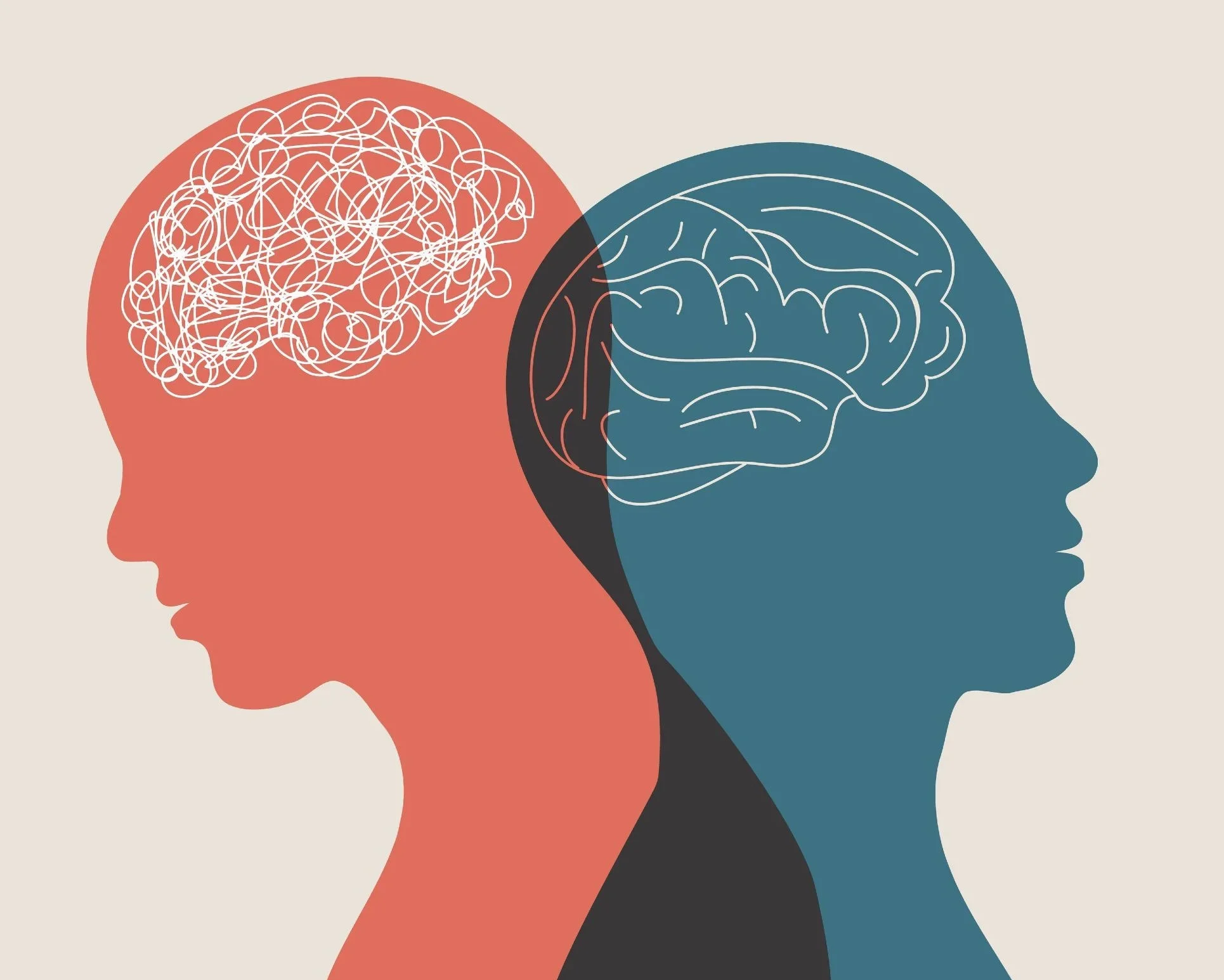Mental wellness is an integral part of overall health and well-being. It involves taking care of one’s mental health through various self-care practices, such as stress management and mindfulness techniques. Prioritizing mental wellness is essential for maintaining good physical health, as stress and anxiety can take a toll on both the mind and body. Stress management techniques, such as mindfulness and meditation, can help individuals manage their stress levels and reduce their risk of illness. By incorporating self-care practices into daily life, individuals can increase their energy levels and improve their overall mental health.
The impact of stress on mental health cannot be overstated. Chronic stress can lead to anxiety, depression, and other mental health disorders. Coping with stress is essential for maintaining good mental health. Strategies for coping with stress include focusing on what one can do, managing emotions, seeking out support, and practicing self-care. Self-care goals can include managing and reducing stress, recognizing emotional and physical needs, and taking care of oneself. Engaging in a self-care routine has been clinically proven to reduce or eliminate anxiety and depression, reduce stress, increase happiness, and improve overall mental health.
Prioritizing mental wellness has numerous benefits, including reducing stress levels, improving overall mental health, and increasing energy levels. Stress management tips, such as practicing mindfulness and setting boundaries, can help individuals drastically reduce their stress levels and regain control of their lives.Engaging in self-care practices, such as prioritizing healthy meals and leisure time, can also contribute to improved mental wellness. By prioritizing mental wellness and incorporating self-care practices into daily life, individuals can improve their overall well-being and lead happier, healthier lives.
Strategies for stress management
One effective strategy for managing stress is to incorporate mindfulness practices and meditation into your daily routine. Mindfulness techniques, such as breathing exercises or guided meditation, can help manage stress and anxiety. Studies suggest that mindfulness practices may help people manage stress, cope better with serious illness, and reduce anxiety and depression. Regular meditation and mindfulness practice can help reduce stress and anxiety, improve concentration, and promote overall mental wellness. Spending even a few minutes in meditation can help restore your calm and inner peace, making it an accessible and effective stress management tool for everyone.
Another effective strategy for managing stress is to engage in regular exercise and physical activity. Exercise in almost any form can act as a stress reliever, boost your feel-good endorphins, and distract you from daily worries. Physical activity can help the brain cope better with stress, making it beneficial in the treatment of depression and anxiety symptoms. Mindful physical exercises like yoga or walking outside with friends can also help boost mood and promote relaxation. Developing healthy physical habits, such as eating well, being physically active, and getting regular sleep, can improve both your physical and mental health.
Effective time management and prioritization can also help reduce stress levels. Prioritizing tasks ensures that you are spending your time and energy on the things that are most important to you. Learning to say “no” and organizing a realistic schedule can help you avoid overcommitting and feeling overwhelmed. Planning ahead, combining tasks, and eliminating time-wasting activities can also help you manage your time more effectively and reduce stress levels. When it comes to your mental health, self-care is key. Practicing relaxation techniques and accepting your needs can help you manage stress, lower your risk of illness, and increase your energy.

Selfcare practices for promoting mental wellness
Self-care practices play a crucial role in promoting mental wellness and managing stress. Getting adequate sleep and rest is one of the most important self-care practices for maintaining good mental health. Poor sleep can lead to irritability, fatigue, and decreased motivation, optimism, and emotional regulation. Therefore, it is essential to prioritize sleep and ensure that you are getting enough rest to fuel your mind and body. Developing a personalized approach to stress management can help individuals manage their mental health conditions and improve their quality of life. By incorporating self-care practices into their daily routine, individuals can lower their risk of illness, manage stress levels, and increase their energy levels.
Nutrition and hydration are also essential components of self-care for promoting mental wellness. By maintaining a healthy weight, eating a balanced diet, and drinking at least eight glasses of water per day, individuals can improve their overall physical and mental health. Mindful eating practices, such as focusing on the meal, chewing food slowly, and making thoughtful food choices, can also help counteract stress. Additionally, engaging in regular physical activity can help improve mood and reduce stress levels. By taking care of their bodies through proper nutrition, hydration, and exercise, individuals can promote mental wellness and manage stress.

Hobbies and activities for relaxation and enjoyment can also contribute to mental wellness and stress management. Relaxation or wellness programs, such as meditation, muscle relaxation, or breathing exercises, can help individuals manage their emotions and focus on helpful and realistic thoughts. Engaging in creative activities, such as painting, writing, or playing music, can provide a sense of accomplishment and enjoyment, leading to improved mood and decreased stress levels. By incorporating these activities into their daily routine, individuals can prioritize self-care and promote mental wellness.

